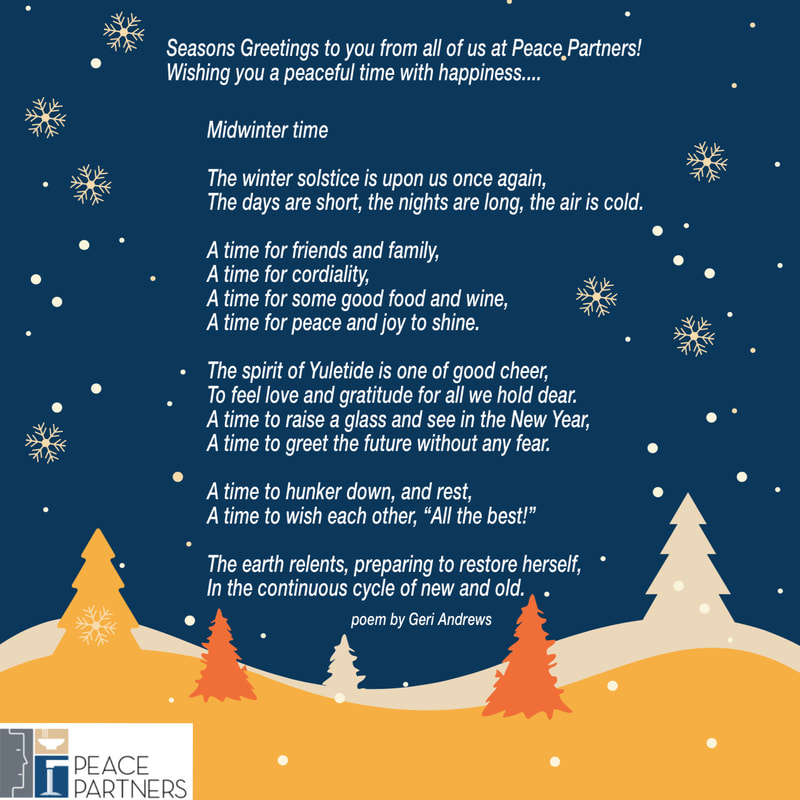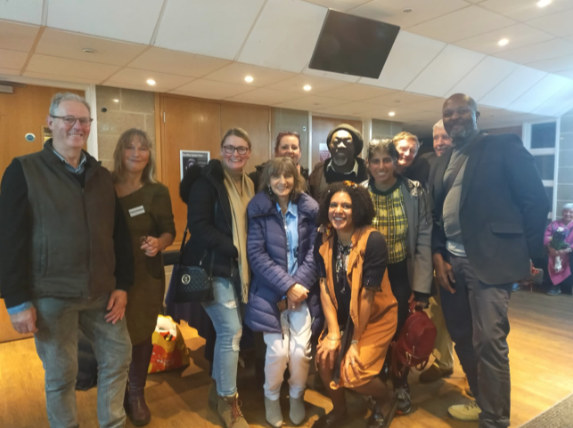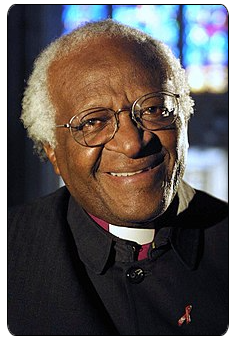|
Peace Partners are pleased to be affiliated with Peace Talks Cornwall, and are proud to share this report by David Hughes about the success of this event. Local and Celebrate Life team members with guests at the Burrell Theatre, Truro. In late November, a small volunteer group under the name of Peace Talks Cornwall (in association with Celebrate Life and Peace Partners) held a screening of ‘Power to Change’, a documentary film crafted by Celebrate Life.
‘Power to Change’ traces the lives of six Londoners who have been affected by knife crime, violence and loss. The film goes on to show how these peoples’ lives have since been transformed, in part, by attending a course (the Peace Education Programme) which inspires greater self awareness and understanding. An audience of sixty people gathered at the Burrell Theatre, enjoying a reception prior to watching the film and a Question and Answer session afterwards with a panel comprising some of the filmmakers and directors of Celebrate Life, as well as one of the people featured in the film. Most of the audience represented organisations that serve people in the community, particularly young people who face similar issues to those shown in the film, who may fall into crime through the damaging effects of poverty and exclusion. These organisations were contacted over a period of six months prior to the event before receiving an invitation. After the screening, the panel were inundated with enthusiastic questions from the floor and the session had to be drawn to a close because of time constraints. Since the screening a number of people have asked to join a ten week virtual Peace Education Programme, and there is an enquiry for a live Peace Education Programme in a Community Centre in a local town. Peace Education: https://tprf.org/peace-education-program/ Celebrate Life: https://www.celebrate-life.co.uk/home He always emphasised non-violent protest, and engaged in education and dialogue to further his work of bringing about an end to the deep divisions in his country. He became known as the voice of the voiceless Black South Africans, and was constantly encouraging reconciliation between the various factions of Apartheid. Underpinning this belief that resolution can always be achieved through sincere and honest communication, he would often refer to the concept of Ubuntu, which he has described as South Africa’s gift to the world. He explains it as follows:
“Ubuntu addresses a central tenet of African philosophy: the essence of what it is to be human. The definition of this concept has two parts. The first is that the person is friendly, hospitable, generous, gentle, caring and compassionate. In other words, someone who will use their strengths on behalf of others - the weak and the poor and the ill - and not take advantage of anyone. And because of this, they express the second part of the concept which concerns openness, large-heartedness. They share their worth. In doing so, my humanity is recognised and becomes inextricably bound to theirs. In this way a person is a person through other people. We need other human beings in order to be human and because we need each other our natural tendency is to be cooperative and helpful. If this weren’t true we would have died out as a species long ago, but we haven’t. Those who seek to destroy and dehumanise are also victims – victims usually of a pervading ethos – be it a political ideology, an economic system or distorted religious conviction. If I diminish you, I diminish myself, Ubuntu points out. But we have kept on despite the evil and the wars, we have kept on because we strive for harmony and community, a community not only of the living but also one that honours our forebears. This link to the past gives us a sense of continuity, and a sense that we have created and create societies that are meant to be for the greater good and try to overcome anything that subverts that purpose. Our wars end; we seek to heal.” Desmond Tutu’s legacy is undeniable and although he is no longer here in person he continues, in the spirit of Ubuntu, to inspire through the universal truth of peace and goodwill. Here in Britain, the Tutu Foundation UK is a charity whose mission is to prevent and resolve conflict, to help build peaceful communities across the UK, by providing facilitation and mediation services based on the principles of Ubuntu. The Ubuntu Round Table Project helps young people manage conflict with the Police. An essential element of this project is that it is Youth led and is designed to enable and empower young people to take control and organise. It evolved out of Conversations for Change, which is a community peace-building programme. In 2019 Peace Partners was honoured to collaborate with the Tutu Foundation UK in hosting workshops and presentations led by Project team members. A birthday message read at King's College Cambridge last year, on the occasion of the Archbishop’s 90th birthday, included these heartfelt tributes “You erected a beacon of hope and human decency to counteract the inevitable tidal wave of the past which threatened to overwhelm the Rainbow Nation … You communicated to the world your message of peace and love. And you inspired the youth with your transcendental message of hope and infinite human potential … You helped us laugh at ourselves and showed us through your example how to love one another” The song ‘The Calling by Eric Clapton and Carlos Santana’ calls from the heart of Ubuntu. Music link: https://www.youtube.com/watch?v=15DEYyFPypI Written by Geri Andrews |
Categories
All
|
|
©Peace Partners. All Rights Reserved.
Peace Partners is a UK Registered Charity No. 1166456 Institute of Fundraising Organisational Membership No: Z1038713 Website last updated - 19th May 2023 |




 RSS Feed
RSS Feed